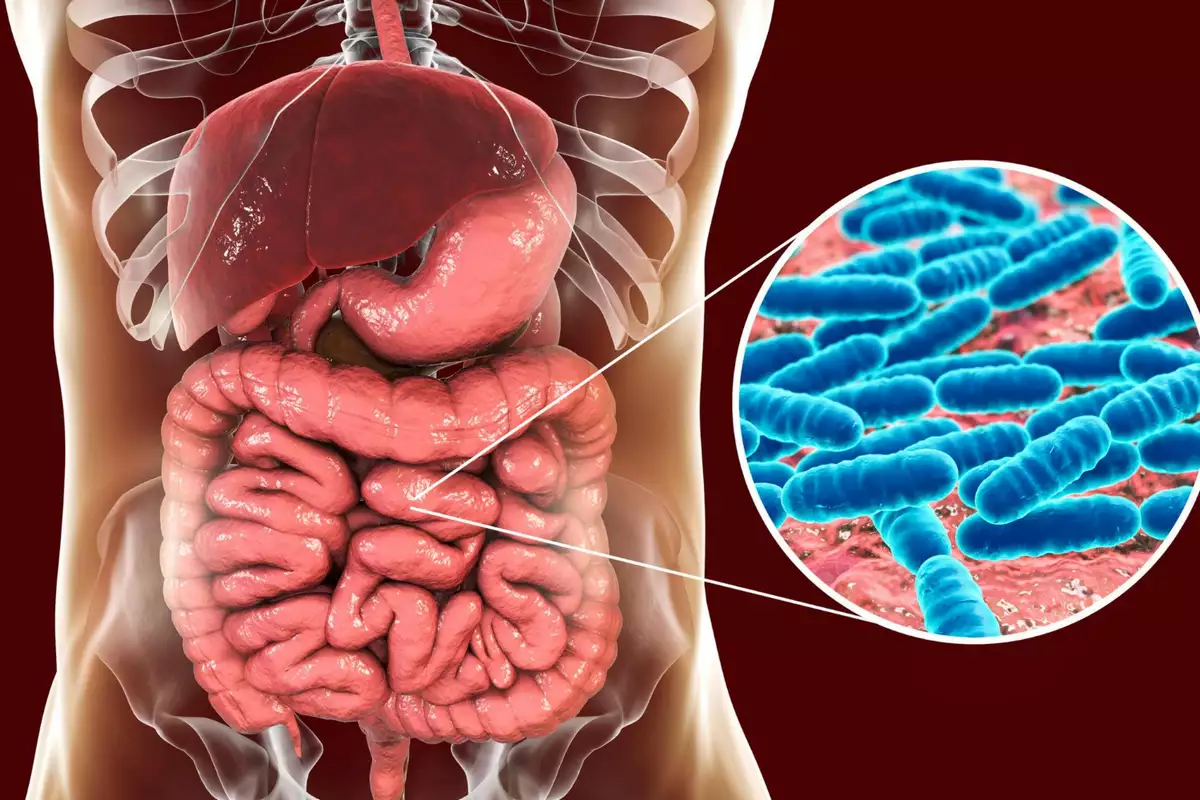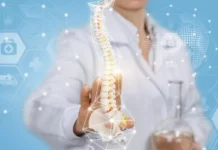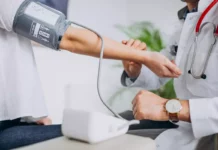A recent study by Takuya Yamamoto and Mei Nakajima-Koyama highlights the importance of balancing interferon-gamma (IFN-γ) and extracellular signal-regulated kinase (ERK/MAPK) pathways in maintaining intestinal stem cells (ISCs) during ageing.

A comparative analysis of intestinal tissues from young and old mice revealed that the ISC population remains stable with age. However, while ISCs retain their proliferative capacity, ageing leads to reduced progenitor cell proliferation and increased differentiation into enteroendocrine cells, which regulate metabolism. These findings suggest an adaptive response of the intestine to ageing.
Single-cell transcriptome analysis of over 10,000 cells demonstrated significant age-related changes, particularly in enterocyte maturation. The upregulation of metabolic genes accompanied these changes, and researchers identified MHC class II, Ceacam10, and Ly6e as markers of ISC ageing. However, their lack of correlation at the single-cell level suggests complex regulatory interactions.
Further in silico modelling and organoid experiments revealed that IFN-γ activation and ERK/MAPK inactivation influence intestinal ageing. A combined treatment using IFN-γ and a MEK inhibitor (iMEK) showed a compensatory effect: iMEK induced ISC dormancy, which IFN-γ reversed, suggesting these pathways support ISC maintenance while influencing differentiation patterns.
The study concludes that IFN-γ and ERK/MAPK signalling balance is essential for preserving ISCs during ageing, but this may come at the expense of differentiated cells, impacting metabolism. Restoring this balance to a more youthful state may offer a promising anti-ageing strategy for intestinal health with minimal ISC disruption.






